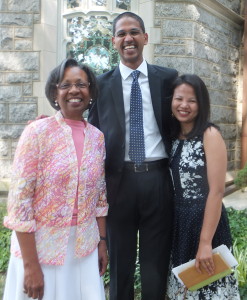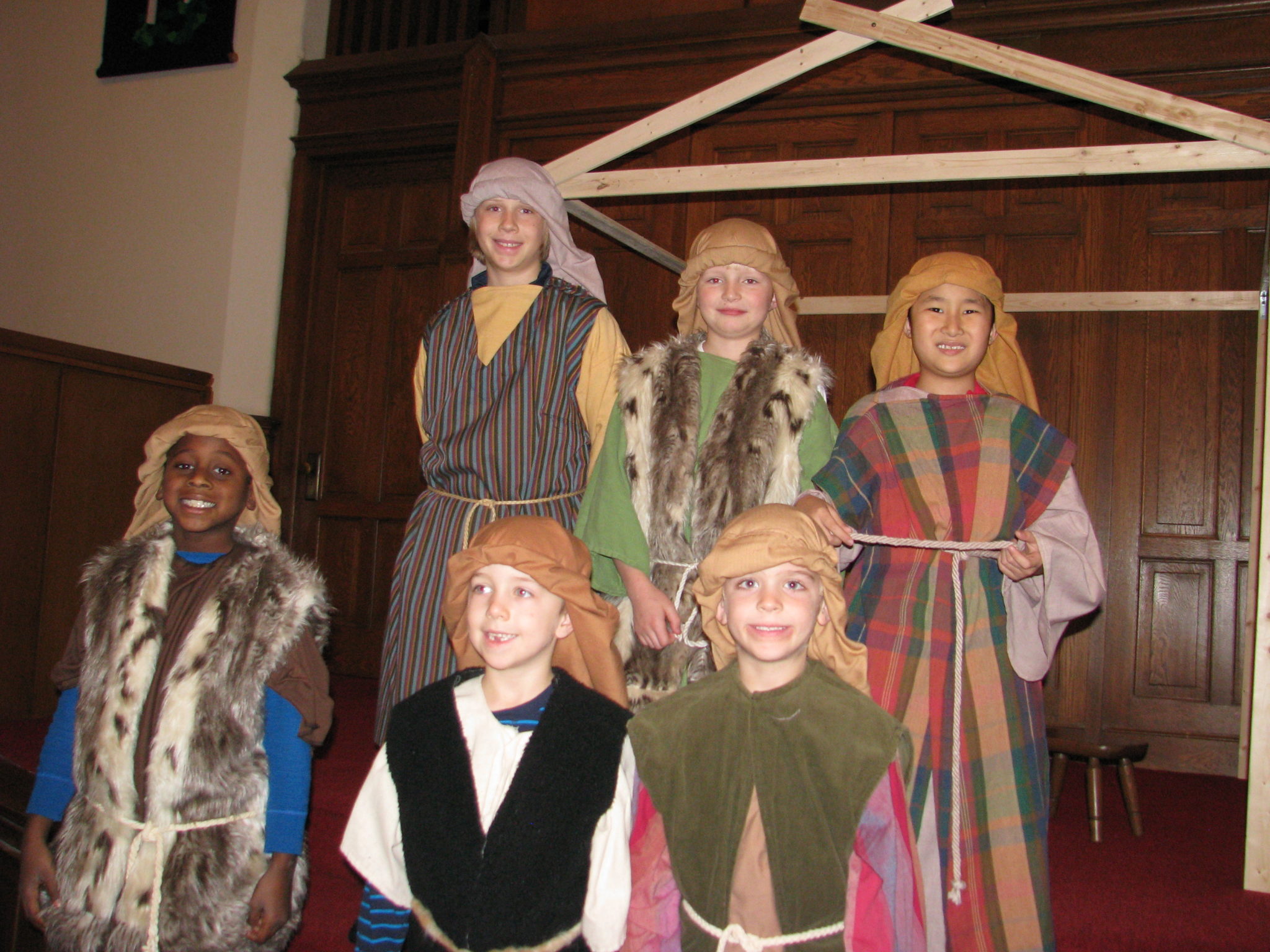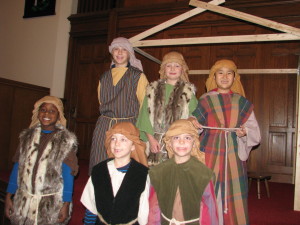
The Ethnic Other was John Boopalan’s topic for the sermon series Gospel of the Nobodies and the parable of the Good Samaritan (Luke 10:25-37) was his text. Boopalan (shown with his wife, Esther, at right, and Rev. Catherine Williams on the left) is a student at Princeton Theological Seminary. Some excerpts follow– and the for the complete text click here: Boopalan, UMC Sermon, Edited for Print
The topic for today—ethnic other—is one that is both important and urgent, not because it is a new problem but because it is an old one, an ancient one—one that is etched into our patterns of thinking, our reflexes, our everyday dispositions, our ordinary reactions to things and people, even our very selves. We have always struggled to live meaningfully with difference, with others who are different from us in more ways than one.
I come from India. And difference is in the very air we breathe. Although many people think that we Indians all get along, we don’t. If you don’t know already, we are some of the best when it comes to discriminating people. . . .
When we look at strangers who are different, we are struck by their peculiarity—those eyes, those lips, those cheek bones, that skin, hair, speech and all of those things that distinguish them and remind us that there is someone else there with us, someone who is different from us, an “other.”
And then we have a few options. We can say, “Remarkable! How beautiful! “How fearfully and wonderfully you are made!” and then look into their beauty and peculiarity with wonder and love and childlike curiosity….
Or, we can be overcome by fear of difference or some unarticulated prejudice, or some other failure of the imagination or the inability to envision a world that is different from the world that we are used to….
Boopalan considers the parable from the point of view of the lawyer who is familiar with the Torah and, indeed, summarizes its teachings. The lawyer is a good person, and we are generally good people. ..
What does God have to tell us who are generally good people? The parable shows us that while goodness is found in each of us, goodness is also found outside of us, often in places and persons we don’t expect. The parable is a rejoinder to many of us who have the tendency to find the center of our gravity within ourselves and within our in-groups. In contrast, God reminds us that we have to find the center of our gravity outside of ourselves.

 For the sermon series “Gospel of the Nobodies,” based on the parable of the
For the sermon series “Gospel of the Nobodies,” based on the parable of the 
